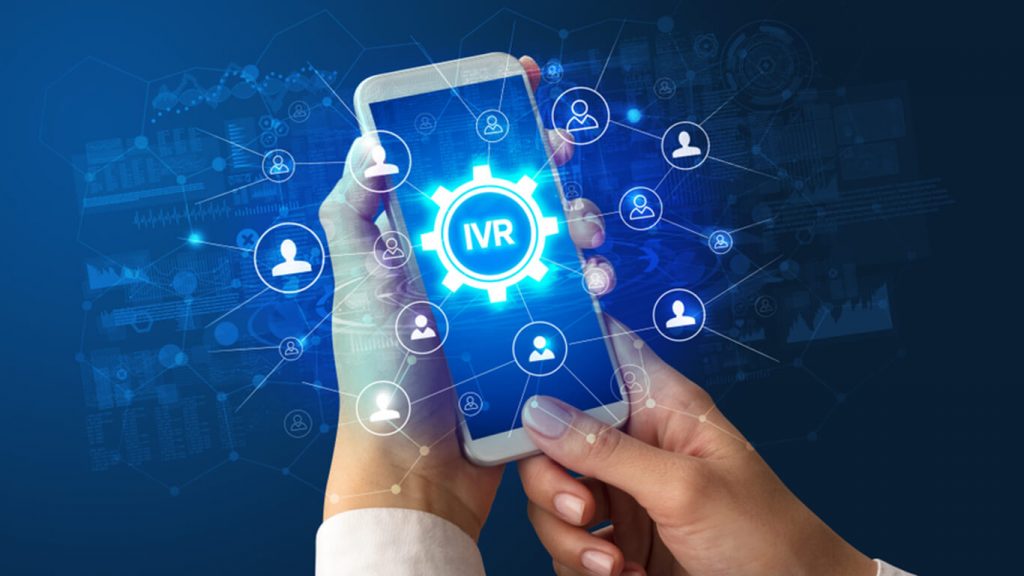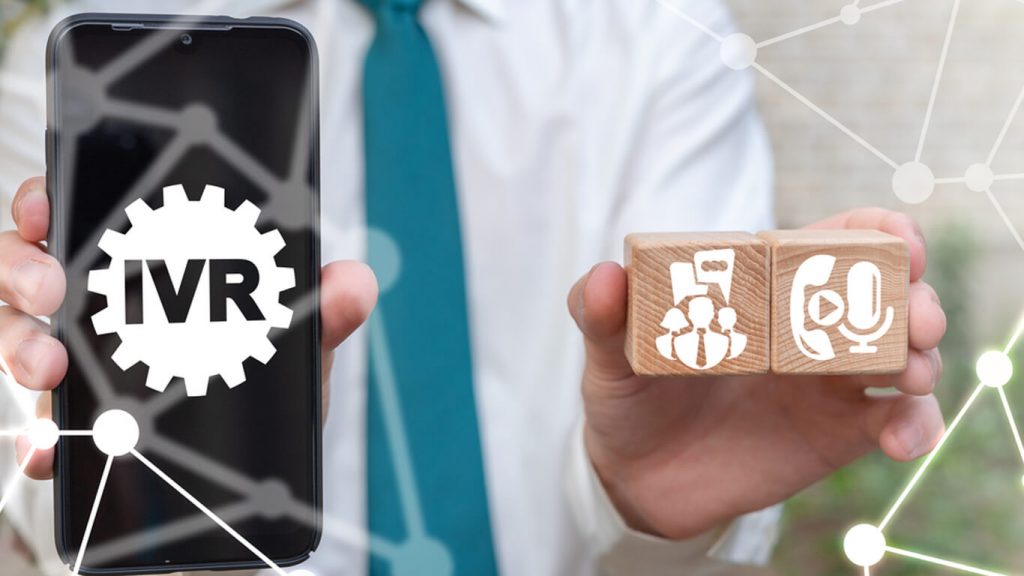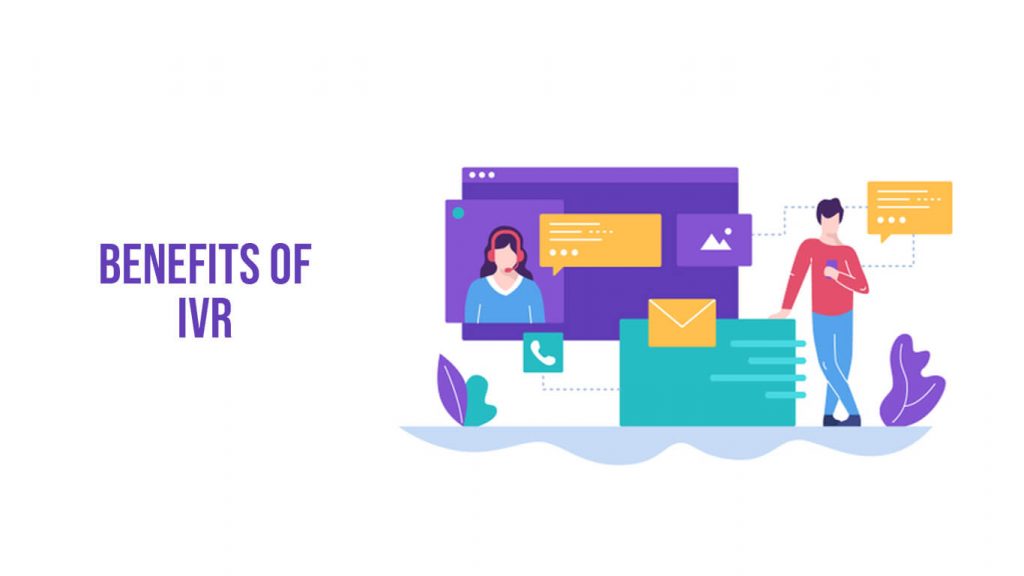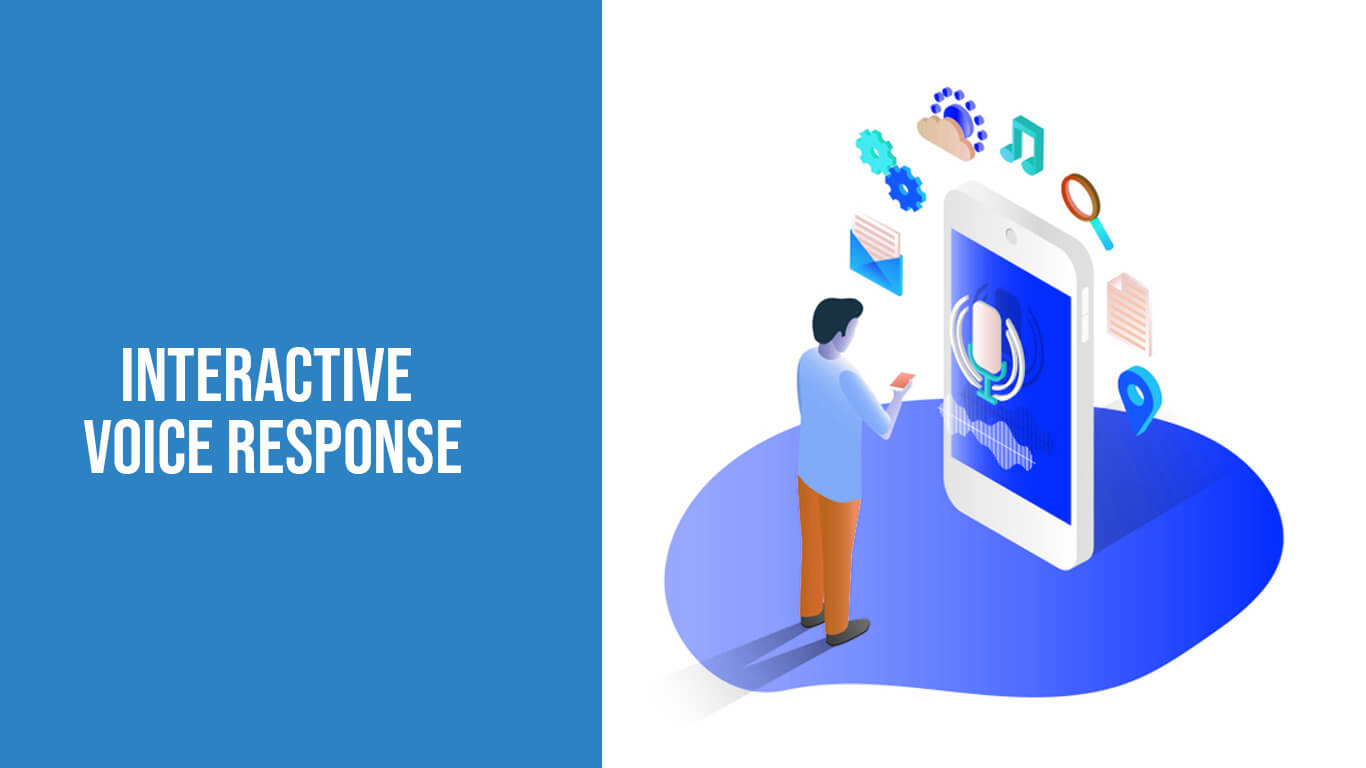The only thing which a customer expects from a business is to provide support in their time of need. No matter how big your enterprise is, if you fail to meet your customers’ expectations, they would definitely look forward to another business that provides good service.
To make sure that their customers can reach out to them any time, businesses use IVR solutions.
What is an IVR?
Interactive Voice Response (IVR) is an automated phone system technology that is responsible for routing customer calls to suitable agents. The technology uses a pre-recorded voice that prompts the caller to choose from options by dialing certain numbers on their keypad.
By using IVR, callers can solve minor queries like order status or account balance can be resolved without having to speak to an agent.
How does an IVR work?

IVRs work with DTMF tones, also known as touch tones from a telephone. IVR is helpful for both the parties, the callers, and the agents. It helps in routing the incoming calls to suitable agents.
In the first step, the customer dials your number and listens to the pre-recorded voice. In the next step, the voice guides the customers to choose their preferred language by entering specific numbers on their keypad. The final step involves customers choosing from different options. For example, Press 1 for sales, Press 2 for technical support, etc.
Also Read:- Improve Customer Experience with IVR
How IVR uses DTMF tones?

DTMF tones are generated when the user selects a specific number via their mobile keypad. These tones are passed through the IVR phone lines and are recognized based on the key that was pressed.
Benefits of Interactive Voice Response

1. 24 X 7 availability
This is probably one of the best advantages of having an IVR for your business. Whether your customers reach out to you in the middle of the night or during the peak hours of the day, they’ll always be welcomed with a pre-recorded voice. In most cases, the customers can resolve their issues themselves without having to speak to an agent.
2. Minimizes operational costs
Using an IVR system can replace the need of the receptionists who answers calls and forwards them to agents. Thus, you’ll no longer have to spend money on hiring a receptionist for handling incoming calls. A lovely voice will always greet the callers who reach out to your business and will guide them through the IVR menu. Depending on the options the callers pick, IVR routes them to the suitable agents
3. Skill- based call routing
If the customers are connected with the agents who can’t understand and solve their issues, the business’s brand name might suffer. The options that callers select in the IVR menu helps in knowing about their issues and the skills that can solve them. Thus, the suitable agents who can handle the query, receive the calls.
4. Increases first contact resolution
As IVR uses skill-based routing, callers get in touch with the most qualified agents who can provide suitable solutions to their queries. Thus, you can say that it increases first contact resolution because the customer problems are resolved on the first call with an agent.
5. Improves the customer journey
We live in a busy world and let’s admit it, no one has the time to waste. Waiting in the long queues to connect to an agent can really frustrate the callers which most likely increases the call abandonment ratio. IVR reduces the waiting time by straight away connecting the callers to the right agent who can assist them. Thus, providing a better customer experience.
Also Read:- Design Customer-Friendly IVR System
Conclusion
With IVR, you can make sure that your customers get assistance at any time they want,
even beyond your business hours. You don’t have to spend time and money finding the receptionist to answer your inbound calls and your customers can connect to the right agent without getting tired of waiting.





